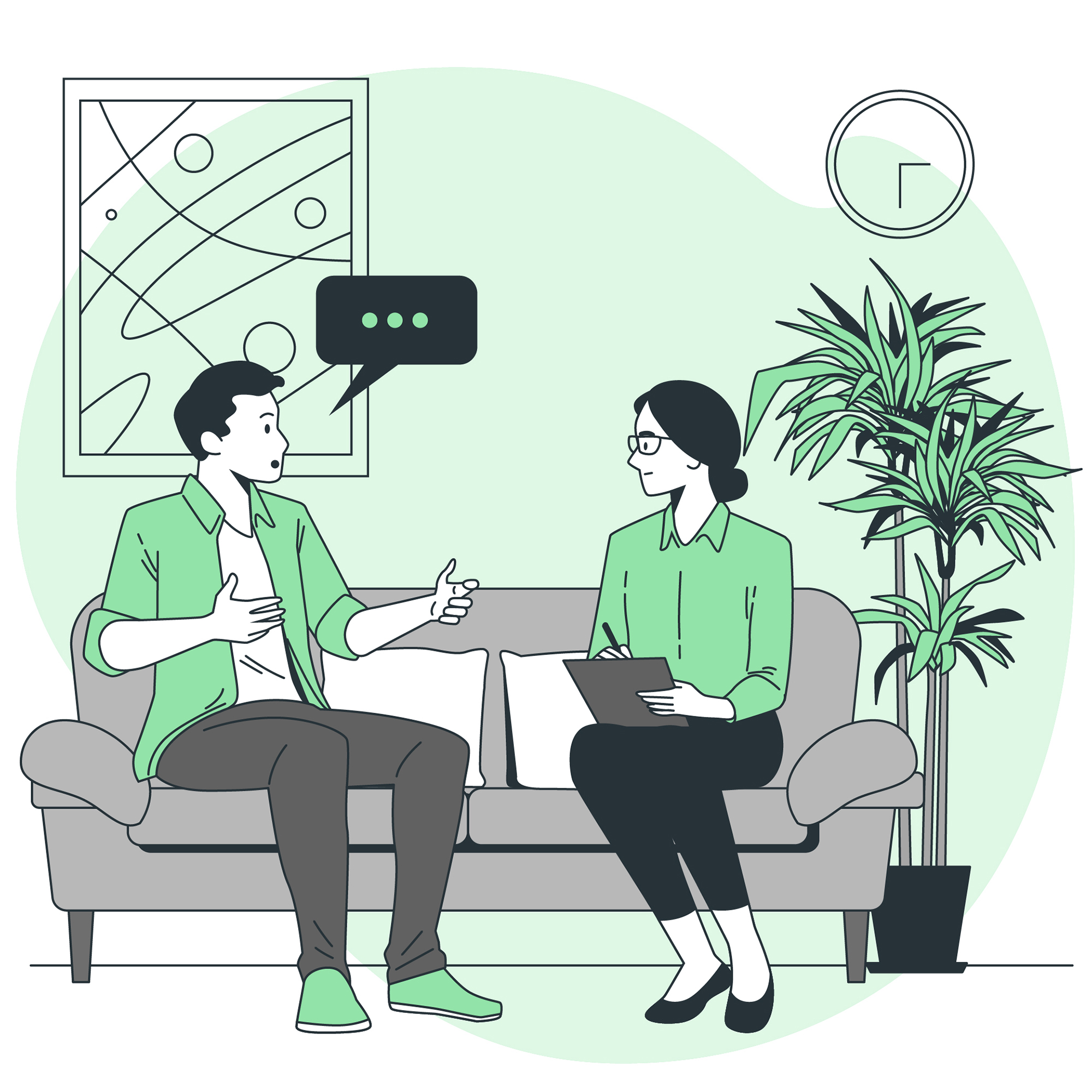

As a relationship therapist, you are trained to work with couples to navigate relational and interactional challenges—but what happens when only one person reaches out for support with relationship issues? This is a common scenario in individual therapy, with research suggesting that 86% of individuals presenting for therapy list relationship distress as one of their top three concerns.
What is a well-meaning therapist supposed to do, and what are the unique clinical and ethical considerations?
Do you treat the individual as your primary client and focus solely on their personal well-being? Or do you take a more relational approach—helping them work through relationship struggles while keeping the absent partner in mind?
Without specialised training, it’s easy to unintentionally reinforce unhelpful patterns or create further disconnection. For example, by siding with the individual client’s negative perspective or characterisation of their partner, the therapist may inadvertently reinforce the disconnection within the relationship.
Traditional individual therapy often focuses on personal growth, trauma, or mental health concerns. However, relationship distress requires a nuanced approach that considers attachment patterns, communication dynamics, and conflict management strategies. A therapist might unknowingly promote individual empowerment at the expense of relational repair or fail to recognise when couple therapy could be a more effective intervention.
So, how can therapists best support individuals facing couples’ problems in a way that fosters healthy relationships rather than deepening the divide?
Individual Therapy for Couples Problems requires a defined approach, including a working knowledge of the main evidence-based theories and models related to intimate relationships. It also involves supporting an individual partner in making positive changes through psychoeducation, cognitive and emotional self-exploration, and behavioural interventions. This work requires skill in helping clients examine their role in the relationship, understand their partner’s perspective, and develop strategies for healthier interactions.
Specialised training helps therapists navigate these complexities while maintaining ethical and professional integrity.
See here for ITCP (Individual Therapy for Couples Problems Training)
